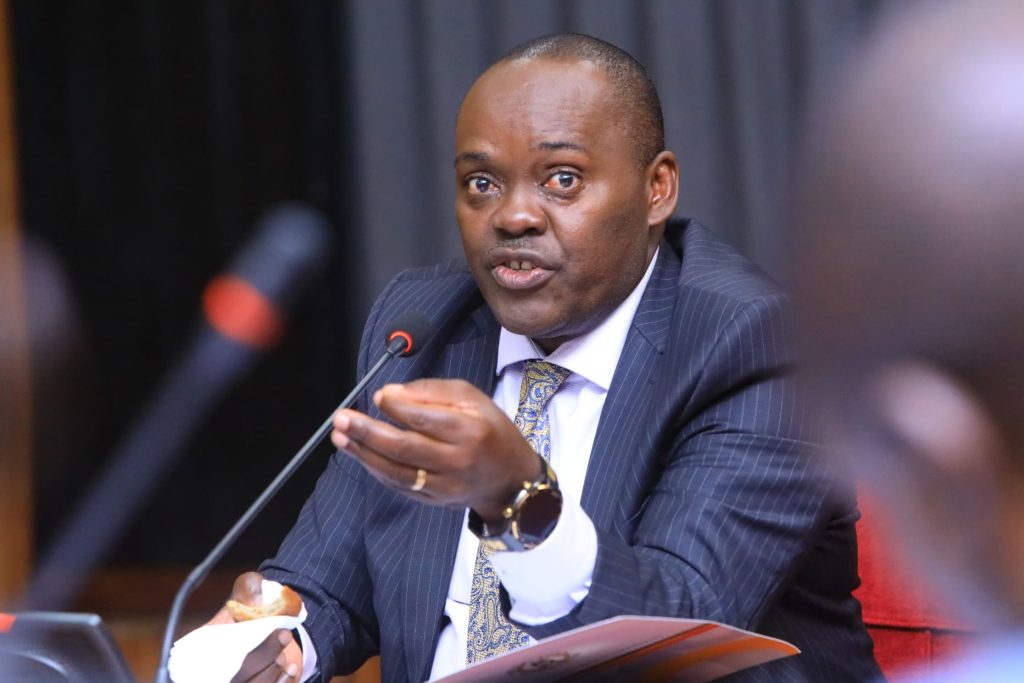The Uganda Revenue Authority (URA) has come under parliamentary scrutiny over government contributions to staff retirement benefits, with auditors warning that the agency may be paying twice for the same obligation.
During the plenary sitting, Medard Sseggona (Busiro East) presented findings from the Committee on Commissions, Statutory Authorities and State Enterprises (COSASE) based on the Auditor General’s report.
The Auditor General, Edward Akol, revealed that in the 2023/24 financial year, government contributions to URA staff retirement packages totaled UGX47 billion.
This included UGX24.6 billion as the 10% contribution to the National Social Security Fund (NSSF), and UGX22.4 billion to URA’s internal retirement scheme. Auditors described this as “double payment.”
“The Auditor General queried government’s double contribution by in retirement benefits to URA staff,” Sseggona told Parliament.
URA management defended the practice, saying that the additional benefits were critical in attracting and retaining staff, especially given the Authority’s high attrition rate to other government agencies offering higher salaries.
“Compared to other key Government agencies, URA offers relatively lower salaries and does not provide additional allowances to mitigate the rising cost of living, to attract and retain staff. Therefore, the Authority highly depends on other benefits accorded to staff, of which SRBS remains a critical element,” Sseggona said.
“Scrapping SRBS may lead to spiralling talent attrition that would adversely impede the URA revenue mobilization agenda and the Authority’s contribution of Tax to GDP ratio which is pertinent for National Development.”
The Authority also highlighted that rising staff attrition was linked to competition from other parastatals and private institutions.
URA warned that discontinuing internal retirement contributions could further exacerbate staff losses and compromise revenue collection.
Despite the Auditor General’s concerns, Sseggona cautioned government against scrapping URA’s internal retirement scheme, noting that similar parallel schemes exist in other agencies such as the Uganda Bureau of Standards (UBOS), Bank of Uganda (BOU), National Water and Sewerage Corporation (NWSC), and Uganda Electricity Generation Company Limited (UEGCL).
“The Committee did not find any legal or regulatory impediment, especially considering that the amount has always been appropriated by Parliament. Withdrawing the benefit already provided for in the human resource manual may amount to breach of the employee contract with attendant legal ramifications,” Sseggona added.
Parliament has now called on government, through the Uganda Retirement Benefits Regulatory Authority (URBRA), to streamline approval processes for retirement schemes across ministries, departments, and agencies (MDAs), introduce caps on contributions, and prevent budget distortions caused by overlapping schemes.
